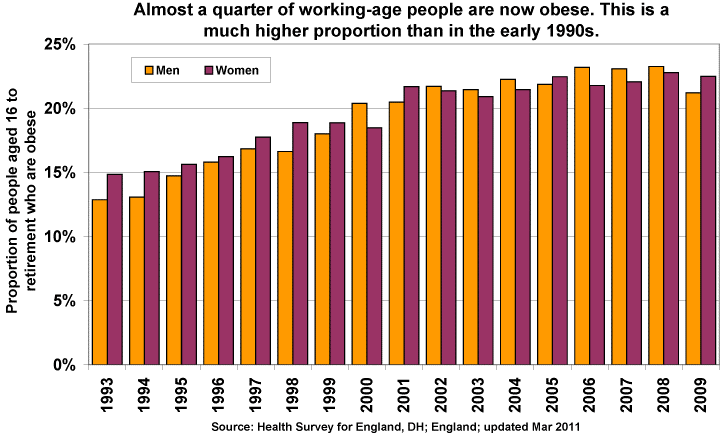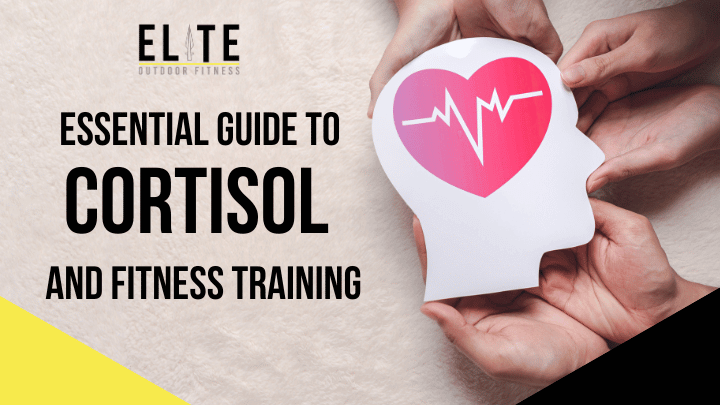The food pyramid and dietary guidelines are wrong
In this article JC explains why we got it so wrong in terms of diet

I was born in the late 80’s which meant the food pyramid has dominated my entire life, and I’ll spend the rest of it helping educate people about how to really eat for your health and wellness.
Now, diet culture is to blame too, as it hit the south Wales Valleys hard during my early years, but mainly because it fed into the food pyramid ethos, increasing its popularity and authority.
But, how it wrong?
It’s best to start at the beginning here, with its origin. The food pyramid was created by the Swedes to ‘develop the idea of “basic foods” that were both cheap and nutritious’ due to the high food prices they were experiencing in 1972, it was then adopted by the US in 1992 to try and help Americans navigate a healthy diet.
And, like a younger brother trying to impress their older one, the UK followed suit 2 years later, and we’ve suffered ever since.
The American’s were hell bent on demonising saturated fats as they were led to believe that it caused coronary heart disease and weight gain. Dr Ancel Keys, the man we have to think for this mis-information has since seen his famous study (the 7-country study) dispelled, as we later learned that the countries which were selected were ‘cherry picked’ to support a desired outcome – saturated fats are bad.
Unfortunately, nothing has changed and we’re still being led to believe the same; low-fat is bad and eat 7-9 servings of carbohydrates daily. But, many are now aware and hopefully this will change.
“These guidelines are hugely influential, affecting diets and health around the world. The least we would expect is that they be based on the best available science. Instead the committee has abandoned standard methodology, leaving us with the same dietary advice as before – low fat, high carbs. Growing evidence suggests that this advice is driving rather than solving the current epidemics of obesity and type 2 diabetes. The committee’s conflicts of interest are also a concern. We urgently need an independent review of the evidence and new thinking about diet and its role in public health.” —Dr Fiona Godlee, Editor in Chief, The British Medical Journal The BMJ, September 24, 2015.
But, what if I don’t follow the food pyramid?
One thing I’ve learned over the years is the simple fact that people rarely follow the rules or guidelines, but they don’t need to in order to be influenced by them. It doesn’t matter that you’re not eating EXACTLY how the food pyramid recommends, no one really is, but you’re being influences like so many are, and like many others, you’re also suffering to manage your health and weight.
Take the daily recommended food allowance for instance, 2,000cal for women and 2,500cal for men. Common sense tells us that it’s stupid to follow this advice as NONE of us are the same, and we obviously need more or less depending on our circumstances, yet we all allow it to dictate what we eat, as we turn over the packet to check the nutritional contents.
But, isn’t it all about the calorie we eat?
Most underestimate the amount of calories they eat, which makes this difficult to really prove, plus calorie counting doesn’t work. But, what’s obvious is the influence of which the food pyramid has had. Check out the graph below,

Today (2019), more than 6/10 adults are overweight or obese in the UK according to www.cancerresearchuk.org.
What’s more worrying for me, is the simple fact that people aren’t willing try something different, and keep following the same old advice in hope of eventually “getting it right”.
“Insanity: doing the same thing over and over again and expecting different results.” – Albert Einstein.
I’d love to know what you think.
2 thoughts on “The food pyramid and dietary guidelines are wrong”
Write a Reply or Comment
Related Articles
If you've enjoyed this post why not try these related articles…




I agree with your comments about the food pyramid, but disagree that calorie counting doesn’t work. It dies if you do it properly. In 2008 I lost 45 lb in 23 weeks calorie counting. I used a Web site with a huge database of foods and their nutritional value, plus the ability to add in new foods and your own recipes.
You also added in your exercise, and the system adjusted your calorie intake to keep you on your chosen loss rate. Your base rate naturally dropped as your weight went down (less of yourself to carry around). No foods were banned. I tracked my chosen loss (2lb a week…. the site wouldn’t allow you to specify more) almost perfectly, to the level of being able to see the odd week when I’d gone over or under.
On reaching my goal, my calories increased to maintenance level, and it was just a matter of adjusting my eating habits to stay there. That worked well for a few years, but then some injury and other issues meant that my habits changed and I put weight on again.
In March this year I decided to get it off again, and try to lose a couple of stones. I didn’t bother logging on the Web site this time, as I pretty much know the calorie content and portion sizes from my previous loss. Sure enough, I tracked 2lb a week and lost 25lb in 12 weeks.
I know dozens of people from that site who’ve done the same thing, with equal success, including the joint first woman to finish the Spine Race a couple of years ago, and others who’ve gone from couch potato to running marathons, ultras etc.
It has to be approached in the right way, of course, and has to take account of individual lifestyle and body makeup, but certainly for me and for many others, eating a bit less and moving a bit more works, and calorie counting is one way of achieving this, at least until you’ve retrained your mind and body not to actually need close counting.
Hey Rob,
Please see my reply to your previous comment on the calorie counting post outline.
Thanks, JC.